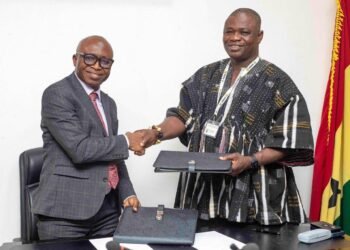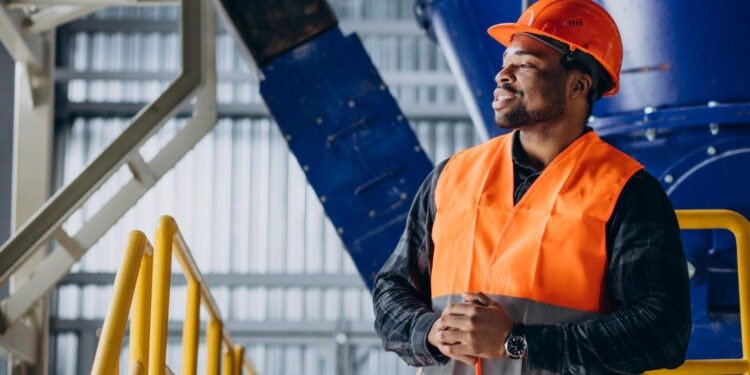The Association of Ghana Industries (AGI) has strongly recommended the immediate adoption and promotion of renewable energy sources to the government of Ghana.
This, according to the Association will help the country diversify its power generation mix and also make the sector competitive.
Ghana’s installed power capacity is about 4399MW. Out of this installed capacity, only 42.5MW is renewable energy against a demand of about 2,700MW.
Even though the country has excess installed capacity of electric power, the AGI believes that the cost of power is still high and therefore wants the country to speed up the adoption of renewable energy such as solar, which is cheaper compared to the hydropower and thermal energy which dominates the country’s energy mix.
“The cost is still an issue and Ghana is considered one of the most expensive in terms of electricity tariffs. This means that there is possible demand for renewable energy.
“Besides, the whole world is talking about renewables and gradually technology is advancing and it is becoming cheaper.”
Seth Twum Akwaboah, AGI’s Chief Executive Officer.
He pointed out that it is now possible for industries to also use such renewable source of energy. To him, because of its low cost it makes more sense for it to be promoted.
Mr. Twum Akwaboah made these comments at a business roundtable meeting on renewable energy and energy efficiency in Accra for service providers. He reiterated that, this is the right time for the country to focus on renewable energy as power demand is growing by day and in no time will catch up with supply.
The state has not been oblivious of this development. Because of the pressing concerns of climate change and the need to think and act green, the government through the Energy Commission has planned to improve the renewable energy component in the national energy mix by 2030.
The Renewable Energy Master Plan (REMP) aims to achieve the following by 2030:
Increase the proportion of renewable energy in the national energy generation mix from 42.5MW in to 1363.63 MW (with grid connected systems totaling 1094.63 MW); reduce the dependence on biomass as main fuel for thermal energy applications; provide renewable energy-based decentralised electrification options in 1,000 off-grid communities; promote local content and local participation in the renewable energy industry.
Regardless of this, the AGI believes that adoption still remains low due to lack of funding.
The roundtable event was organised by AGI Energy Service Centre, an AGI led energy consultancy, with focus on renewable energy and energy efficiency.
The AGI Energy Service Centre was launched in 2019 and is a component of the bilateral project between Ghana and Germany. It is under a project titled ‘Market entry into renewable energy and energy efficiency for productive sector’ and implemented and financed by the German government through the German Development Cooperation (GIZ), the Ministry of Energy and the Energy Commission.





















